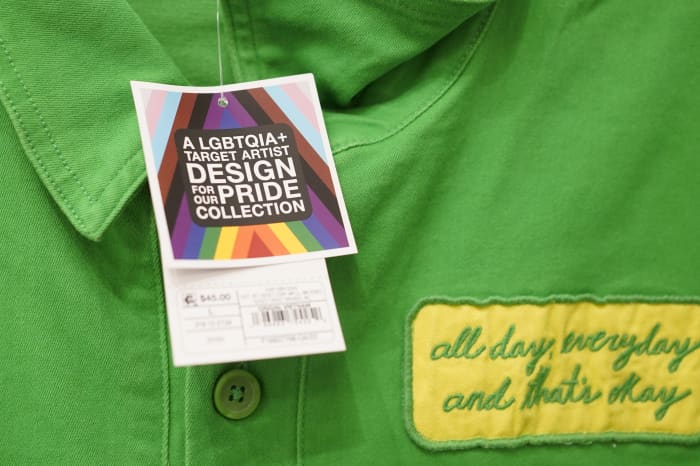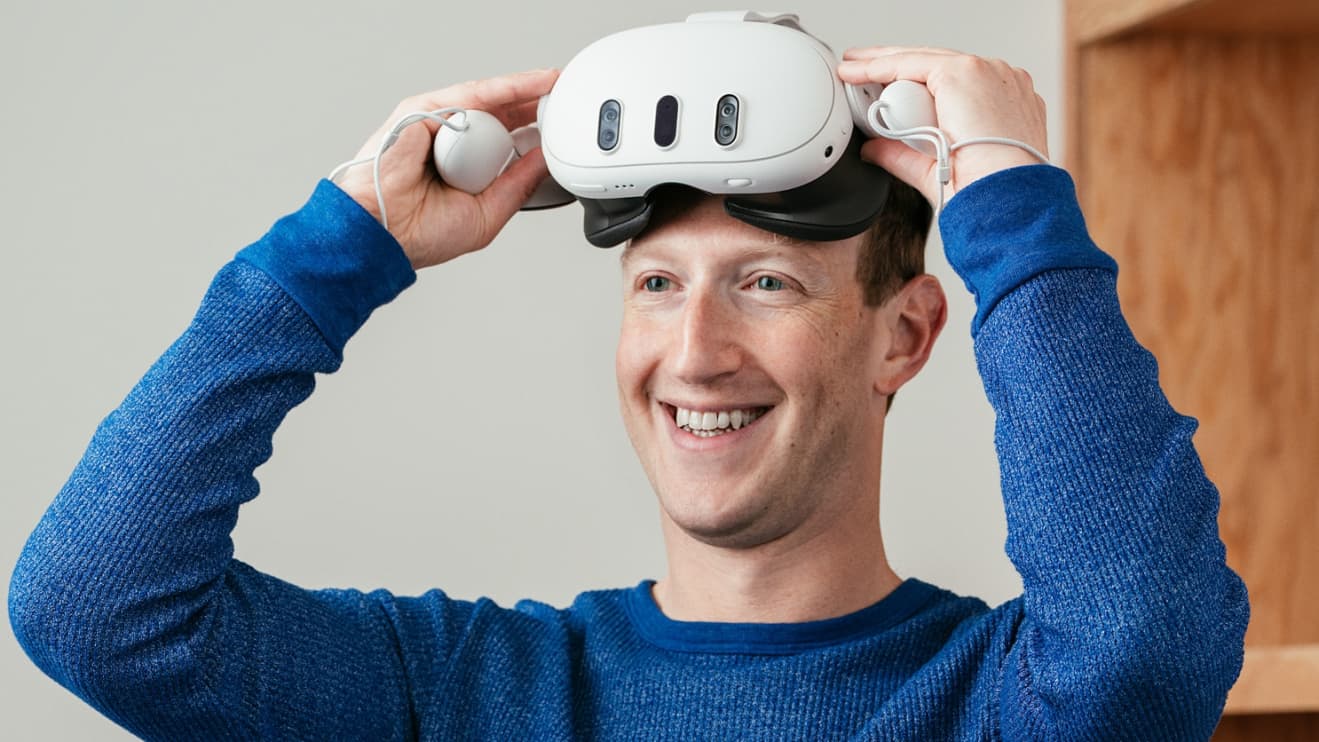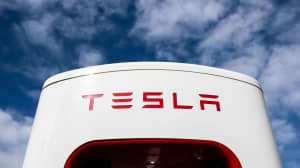In the current polarized climate, more companies could experience the type of anti-LGBTQ+ backlash that recently hit Target Corp., warns Daniel Diermeier, chancellor of Vanderbilt University.
The political scientist and management academic is the author of “Reputation Analytics: Public Opinion for Companies.” He warned that other companies, particularly in the retail sector, could find themselves in a similar position to Target, which has faced an intense anti-LGBTQ+ backlash over its Pride Collection.
“Target is a really important case,” he told MarketWatch, noting that the retail giant had been selling Pride products for years. “They probably were caught by surprise [by the recent backlash].”
“We’re looking at a much more polarized environment, that’s obvious, and the type of polarization is much more focused on cultural, identity and value issues,” he told MarketWatch. “There’s now a willingness and ability for people on the political right to really attack companies in a coordinated fashion.”
Related: Trans designer in Target anti-LGBTQ+ backlash says he was ‘dealt the worst hand’
The Vanderbilt chancellor also noted a significant political shift in activism. Coordinated campaigns have traditionally been seen at the other end of the political spectrum, according to Diermeier, citing the example of toymaker Mattel Inc.
MAT,
Whereas the so-called “cancel culture” of recent years was often decried by the right, conservatives have been making concerted efforts to pressure corporations recently. Target was not the only corporate heavyweight to become embroiled in the culture wars: Anheuser-Busch InBev’s
BUD,
For Diermeier, the ongoing political feud between Republican Florida Gov. Ron DeSantis and Walt Disney Co. that started last year over what critics describe as the state’s “Don’t Say Gay” legislation, was a “watershed event.”
But retailers are most vulnerable to pressure, according to Diermeier. “They are well known, they have razor-thin margins,” he said. “Disney is not so easy to target, because there are few consumer substitutes for Disney World.”
So, what can companies do to navigate such a polarized environment? “You have to go back to what are your core values — what do you stand for?” Diermeier said. “And then make a decision based on this — if diversity and inclusion are core values for you, then you have to articulate that.”
“Communicating and getting everything right is very important,” he added. “I think the days where a company would make statements over the weekend in response to pressure, those days are over.”
Companies across the globe could also come under pressure, similar to Target, according to the Vanderbilt chancellor. “The U.S. is battleground No. 1, but I could totally see this happening in other countries,” he said.
Last week, Target’s stock snapped its longest losing streak in 23 years — 11 days — amid the backlash against the retail giant. The retailer’s stock fell 2.2% Friday, compared with the S&P 500 index’s
SPX,
Target was downgraded to neutral from overweight by JPMorgan last week, which cited the impact of “consumer pressures and recent company controversies” related to the retail giant.
However, location-intelligence company Gravy Analytics says that foot traffic was up at Target stores last month.
Additional reporting by Steve Goldstein and Jon Swartz.







